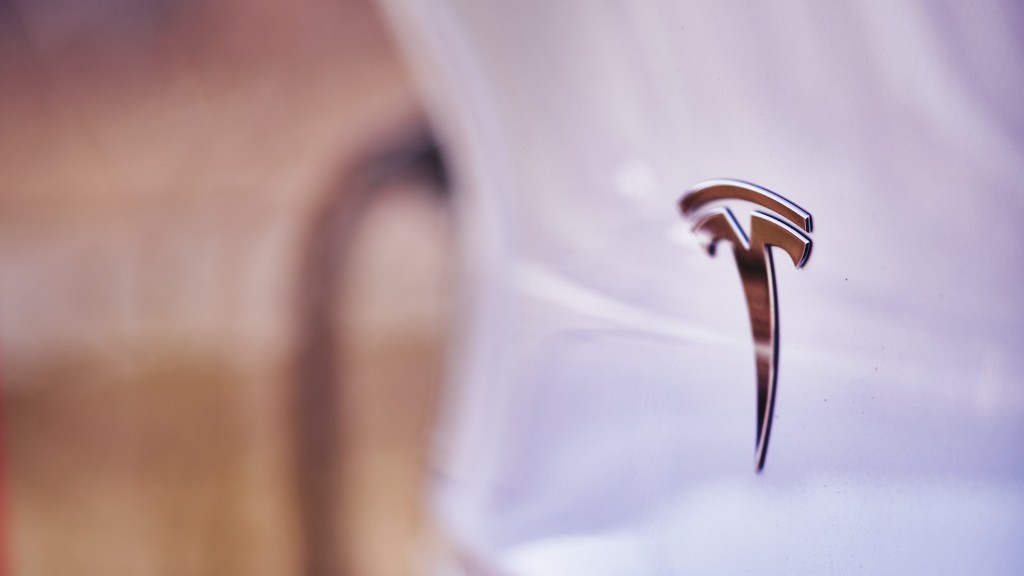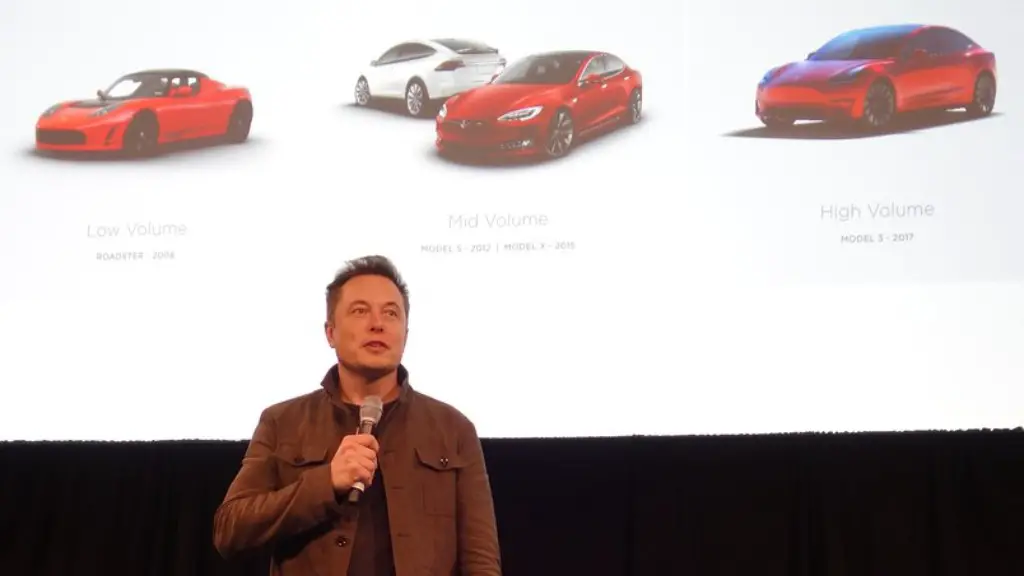Background Information
Elon Musk is an American entrepreneur, engineer, and technology investor. He is the founder of a number of companies, including Tesla, SpaceX, and The Boring Company. He is also the founder and CEO of Neuralink, a medical-device company that is working on connecting computers to the human brain. Musk has made a fortune and become one of the world’s most successful entrepreneurs by developing innovative technologies.
Musk has been the subject of speculation for years about the amount of government subsidies he has received for his various companies. In the past, Musk has been publicly supportive of government subsidies, stating that they can help drive technological innovation and job creation. However, the exact amount of government subsidies Musk has received is largely unknown.
Government Subsidies for Tesla
Tesla is one of Musk’s most famous and successful companies. It is a pioneer in electric vehicle technology and has become one of the most valuable automakers in the world. In the U.S., Tesla has received upwards of $2 billion in government subsidies. The Department of Energy gave Tesla a loan of $465 million in 2010, and the company received a large tax credit in the form of “Federal Investment Tax Credits” worth over $1 billion.
As well as government subsidies, Tesla has taken advantage of government policies that encourage electric vehicle adoption. These include “zero-emission vehicle” credits, which are given to automakers based on the number of electric vehicles they produce. Tesla was able to make use of these credits to offset some of the costs associated with producing electric vehicles.
Government Subsidies for SpaceX
SpaceX is another one of Musk’s companies that has received government subsidies. SpaceX was founded with the goal of making space travel more affordable and accessible. The company has received multiple awards from the National Aeronautics and Space Administration (NASA) for its development and production of space launch systems.
In addition to these awards, SpaceX has also secured a number of government contracts for its space launch services. These contracts amount to billions of dollars in government subsidies, which have enabled the company to develop and produce more affordable space launch vehicles.
Government Subsidies for Neuralink
Musk’s most recently founded company is Neuralink, a medical device company working on connecting computers to the human brain. Though the company has not received any government subsidies yet, it is possible that Neuralink could receive some in the near future.
Experts believe that the technology developed by Neuralink could be a game-changer in the healthcare industry. Governments may decide to subsidize the development of this technology in order to drive innovation in the healthcare industry and make healthcare more accessible and affordable.
Opinions of Experts
Experts have expressed a variety of opinions about government subsidies for Musk’s companies. Some experts have argued that government subsidies are necessary to drive technological innovation, create jobs, and make products more affordable. Others have argued that government subsidies create an uneven playing field for competition, and lead to an inefficient use of resources.
Jonathan Taplin, Director Emeritus of the USC Annenberg Innovation Lab, believes that government subsidies are a necessary component for technological innovation. He argues that without government subsidies, companies like Tesla and SpaceX would not have been able to develop as quickly as they have.
On the other hand, economist Art Laffer believes that government subsidies create an uneven playing field and reduce competition. He argues that government subsidies allow Musk’s companies to capture more profits than they otherwise would have been able to, which can create an inefficient use of resources.
Analysis and Insights
It is clear that Musk’s companies have received substantial government subsidies throughout the years. Government subsidies have played a major role in enabling these companies to develop their technologies and bring them to market. However, it is also important to consider the potential downsides of government subsidies.
Though government subsidies can help drive technological innovation and make products more affordable, they can also create an uneven playing field for competition and lead to an inefficient use of resources. It is important for governments to weigh the benefits and drawbacks of subsidizing certain companies or industries before making decisions about subsidies.
Connection to Other Industries
Government subsidies are not limited to Musk’s companies; they are used throughout a variety of industries. In the United States, government subsidies are used to encourage job creation, research and development, small business growth, and more. Government subsidies can be beneficial for certain businesses, but it is important to consider the potential downsides as well.
Connection to National Economy
Government subsidies can have a significant impact on a nation’s economy. By subsidizing certain companies, governments can create jobs and encourage investment. The increased investment can lead to increased productivity and economic growth. On the other hand, government subsidies can also lead to an inefficient use of resources and a stifling of competition, which can have a negative impact on the economy.
Impact on Public Opinion
The use of government subsidies to support Musk’s companies has had an impact on public opinion about their products. Some people view Musk’s companies as examples of what can be achieved with government support and incentives, while others view them as unfairly subsidized. Ultimately, public opinion depends on an individual’s views on government subsidies, and whether they believe they should be used to support technological innovation.


